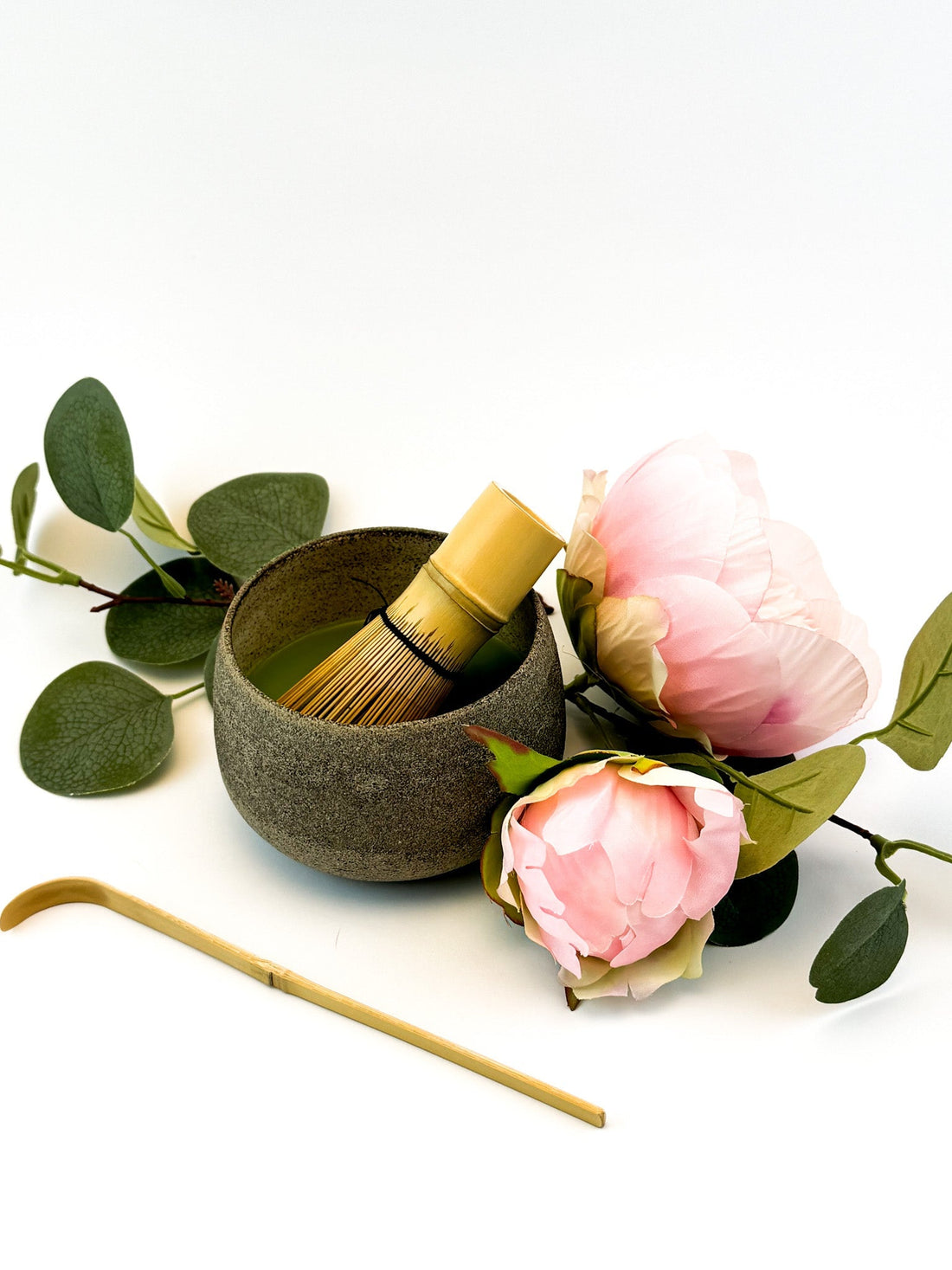
What is matcha?
Share
What is matcha?
Matcha is not your typical green tea; it is a powdered form of finely ground tea leaves from the Camellia sinensis plant. Unlike traditional tea, where the leaves are steeped and discarded, matcha allows you to consume the entire leaf, giving you a concentrated dose of flavor and nutrients.
Brief history:
From ancient Japan to modern coffee shops. The journey of matcha began over a thousand years ago in China, but it found its true home in Japan. During the Tang Dynasty (618-907 AD), tea was ground into a powder for easier consumption. It was the Zen Buddhists in Japan who truly embraced the practice, using matcha as a way to enhance meditation and promote calm.
Fast forward to the 12th century, when Japanese monk Myōan Eisai brought matcha back to Japan from China. Not only did he introduce tea, he also wrote the first book on growing and drinking tea. Today, matcha is an integral part of Japanese tea ceremonies, symbolizing harmony, respect, purity, and peace.
Health benefits:
Why you should love matcha What makes matcha so special in the world of health? Here are some reasons why we recommend drinking matcha:
- Antioxidant power: Matcha is full of catechins, especially EGCG, which is known for its anti-cancer properties and metabolism-boosting abilities.
- Calm Energy: Thanks to its unique combination of caffeine and L-theanine, matcha provides a calm yet alert state of mind—perfect for tackling your to-do list without the jitters!
- Detoxification: The high chlorophyll content in matcha helps detoxify the body by eliminating heavy metals and toxins.